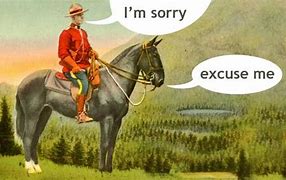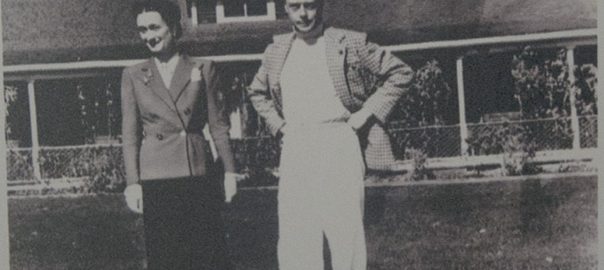At last year’s Ontario Library Association’s online conference, I sat on a panel about novels set in Canada. The moderator divided the topic into three parts–Canadian characters, settings, and stories–and asked each panelist to discuss one of the sub-topics in relation to one of our novels. To my relief, I was assigned setting, which I considered the easiest of the three. The other two stumped me. When I create characters, I think of them as people, not Canadians, and my stories lean toward the psychological, rather than events particular to Canada.
I chose Ten Days in Summer, the most Calgarian of my novels, to illustrate how I include specific setting details and how they shaped the story. The novel takes place over the ten days of Calgary’s annual Stampede Festival, when the whole city goes wild-west. People wear cowboy hats and boots to go shopping. Beer tents and free pancake breakfasts pop up everywhere. I explained how I looked for opportunities to set scenes at Stampede happenings. Paula, my sleuth, first encounters two of the suspects while she’s watching the parade that launches the festival. She later meets one of them in a sports pub featuring an inflatable football player wearing a bandana. Paula’s Stampede clothing style is to wear a different coloured bandana each of the ten days. Does that make her uniquely Canadian?
No, but it does make her Calgarian. I realized the characters in my mystery series naturally reflect the people who live in Calgary. In Ten Days, there’s a wannabe cowboy. I have several Calgary friends who own horses they board on acreages outside the city and ride on weekends. When I lived in Montreal, I didn’t know anyone who did this. Many characters in the series, including Paula, have moved to Calgary from elsewhere. Through its history, Calgary has attracted newcomers during its periodic boom times. In contrast, other locales might be characterized by the absence of family and friends, who have left for greater opportunities. The type of people in any story tells us as much about the place as its landscape.
I still don’t see Paula and friends as particularly Canadian, although readers outside of Canada might notice behaviours I simply see as ‘normal’. Maybe Canadian novel characters tend to be remarkably polite.

Reflections on Canadian characters got me wondering about the third aspect discussed on the panel, uniquely Canadian stories. I find these most noticeable in historical mystery novels, especially ones that fictionalize a real murder from our country’s past. In Ten Days in Summer, I had fun making up a crime related to a lessor known fact of Canadian history. King Edward VIII, who famously gave up the British throne to marry Wallis Simpson, was a wannabe cowboy. When he was Prince of Wales, he bought a ranch in southern Alberta, which he visited with his wife after his abdication. My research suggested the Duchess of Windsor was less than enthralled with life on the range. I wove that into an imagined crime that played a small, but pivotal, role in the Ten Days in Summer murder.
I have read Canadian mystery novels that deal with contemporary events and issues that are uniquely Canadian. Since the time of U.S. Prohibition in the 1920s, our long and friendly border with the United States has prompted cross-border crime that continues today. Disputes over pipelines and clean drinking water on indigenous reserves have resulted in fictional murders.
People generally read mystery and thriller novels for entertainment, and in the process learn much about a country’s people, place, and stories. When I travel, I like to read novels set in the location I’m visiting. But I also read to learn about myself and my own country.
I became so intrigued with the subject of uniquely Canadian characters, places and stories that I pitched the idea for a Calgary Public Library program. They’ve now scheduled the topic for Wednesday, January 26, 7-8 pm, as part of the CPL’s Books and Ideas series. I’ll be interviewed by Margaret Hadley, a former instructor of Detective Fiction at the University of Calgary. I expect we’ll have a lively conversation. You can register for the program here with a CPL card. Books and Ideas: How Canadian Mystery Novels Connect us to our Country’s People, Places, and Stories | Calgary Public Library (calgarylibrary.ca) Non-members are welcome and can email or call the library at 403-260-2600.
Hope to see you there, eh?

